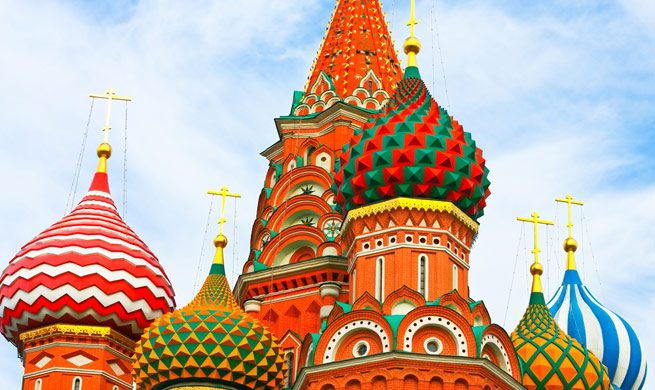 Russia’s parliament has approved an Internet censorship bill ostensibly aimed at porn, drugs, and hate speech that critics claim will also be used to stifle dissent and freedom of speech.
Russia’s parliament has approved an Internet censorship bill ostensibly aimed at porn, drugs, and hate speech that critics claim will also be used to stifle dissent and freedom of speech.
As we reported earlier, the new legislation is a series of amendments to other bills that grant the Russian federal service for supervision of communications, IT, and mass media the power to remove websites from the Russian Internet 24 hours after notifying offending publishers.
While the bill’s language states that its focus on pornography, extremist websites, and sites promoting suicide, critics fear it will be used to stifle dissent. According to the Russian legal information society Rapsi, Alexander Morozov, the head of Moscow’s Center for Media Studies, is one of those who is worried.
“It is always argued that these laws are against extremism, child pornography, and so on, but this legislation will hit the opposition and freedom of political expression.”
Russian Wikipedia ran an SOPA-style blackout yesterday to no avail, and the Kremlin’s own human rights watchdog has complained.
Oddly, the bill has both broad political support, having been drafted by members of all four of Russia’s major political parties, and many opponents. It appears that the bill will be signed into law by President Valdimir Putin later this year, but opposition members of the Russian parliament said that the bill’s goal was to stifle dissent.
The broader danger to free speech is that by implementing the bill, the Russian government is giving itself a lever that it can now activate for an increasing range of reasons.
Image credit: Vladdito/ShutterStock
VentureBeat's mission is to be a digital town square for technical decision-makers to gain knowledge about transformative enterprise technology and transact. Learn More

